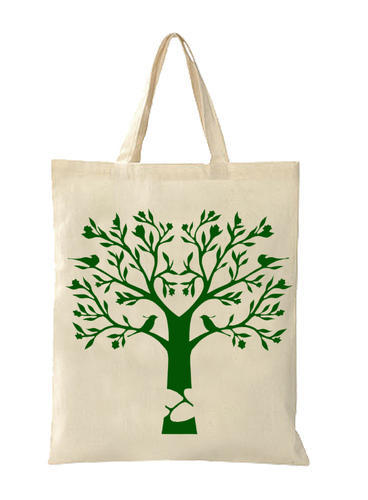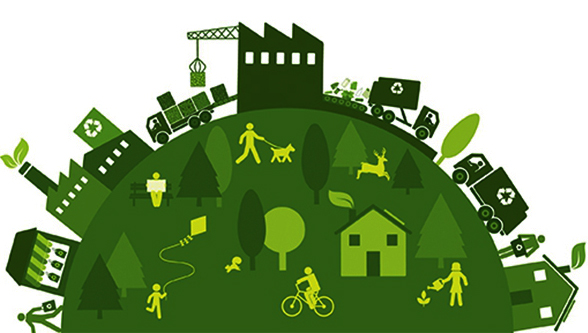An increasing number of people is using these bags. However, are the bags environmentally friendly?
With the increased use of reusable bags, many consumers turn these ecologically benign products into throwaway consumer goods rather than reusing them. The greater the number of reusable bags in customers’ hands, the fewer environmental advantages they receive. Nearly half of all clothing and footwear commodities on the bag counter to consumers are easily found in the mall. Many people have a large number of these bags at home but never use them. These reusable bags, on the other hand, end up in the trash.
Furthermore, some buyers believe that by throwing away the bags, they are not polluting the environment. However, bag deterioration is conditional; if consumers utilise them as a single product, they may influence the environment. Nonwoven, durable, reusable, from this point, is generally ecologically friendly, nonwoven textiles in the manufacturing process, but a lot of energy, some also include hazardous to the environment additives, waste of resources on the environment is difficult in the process of future remuneration.
The justification for reusable bags is more than just the zero-emission, zero-energy manufacture, circulation, and consumption process. Making a bag, on the other hand, necessitates the use of textile and chemical raw materials. For example, according to industry experts, several bags made of polypropylene are already available on the market. However, polypropylene is a non-easily degradable polypropylene fibre that, when heated, releases dangerous compounds. As a result, the government should tightly monitor the production and shipment of bags not to become new sources of pollution.
The true significance of reusable bags is that they are environmentally benign and are reused by consumers.
How can I make bags out of them again?
The most important thing is to regulate the number of bags released. If given without limitation, the market flow of nonwoven bags will become a one-time product. Bags’ environmental value is likely to be nil, and in extreme situations, may even be negative.
As a result, building a distribution method for making reusable bags recyclable in every household is advocated. If you find yourself alone in the buildup of surplus bags, you can turn to your neighbourhood and other groups for recycling or paid “lease.” Businesses can recycle their shop bags and sanitise them before reusing them.
At the same time, you can learn from other people’s experiences. In Korea, no matter what you buy, shopping bags will not be provided. if guests do not bring their bags, it will cost 100 won to purchase ecologically friendly paper bags or plastic bags. The original price will be saved if these bags are recovered. Customers can also bring their old bags to businesses or supermarkets to replace the new bags.
Furthermore, the design and production of reusable bags should become more affordable. Due to the impracticality of reusable bags, most consumers assume they can only store clean goods in separate wrappers. To encourage consumers to reuse the bags, appropriate wording might be written on them.



